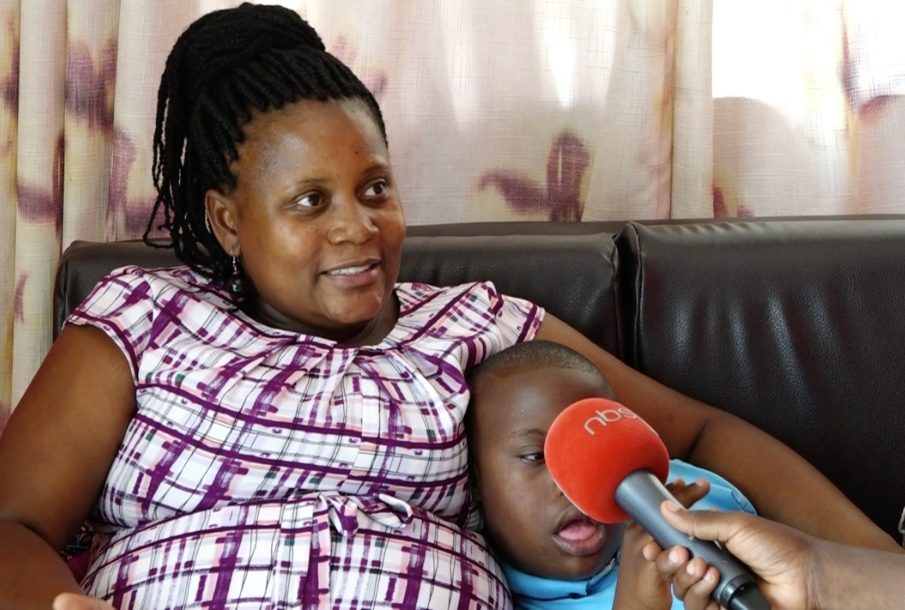A Family’s Experience with Down Syndrome

One fateful day in 2010, Rose Nambooze went into labour in what would be her second birth. The prolonged pangs of childbirth brought forth a baby affected by fetal distress accompanied with lack of enough oxygen.
It was later confirmed the baby, named Abril, suffered from Down Syndrome, a rare genetic condition.
For Nambooze, the past 12 years have been of patience and struggle to raise Abril.
Down syndrome occurs worldwide and affects all races; one in every 800 newborn has it.
In Uganda, for the 1,200,000 annual births, it is estimated that 1,500 babies are born with Down syndrome annually.
Most children with Down syndrome can attend regular school, learn to read and write but may need extra help.
Abril, different from other children, can now read and write bringing joy to his family. The cost of raising a child with Down syndrome has been felt by everyone in Nambooze’s household.
Dr. Daniel Tumwine, a pediatrician at the Children’s Clinic in Naalya says Down syndrome is a genetic disorder in which a child is born with an extra copy or extra genetic material of their 21st chromosome.
The extra genetic material of chromosome 21 results in affected people having distinct facial appearances, intellectual disability and development delays. Most are short, slow to speak, have floppy muscles, and mild-to-moderately low IQ.
Down syndrome is a lifelong condition and early intervention programs including by therapists and school are important to help each child’s specific situation.
Parents are encouraged to arm themselves with knowledge to provide the right care and avoid the many misconceptions about Down syndrome.
People with Down syndrome trust easily. This may put them at risk of abuse including sexual abuse.
Despite the happy demeanor however, people with Down syndrome have the same feelings and mood like everyone else and so, experience sadness.
Although they may have difficulties in raising, they are fertile and can ably produce normal off-springs.










